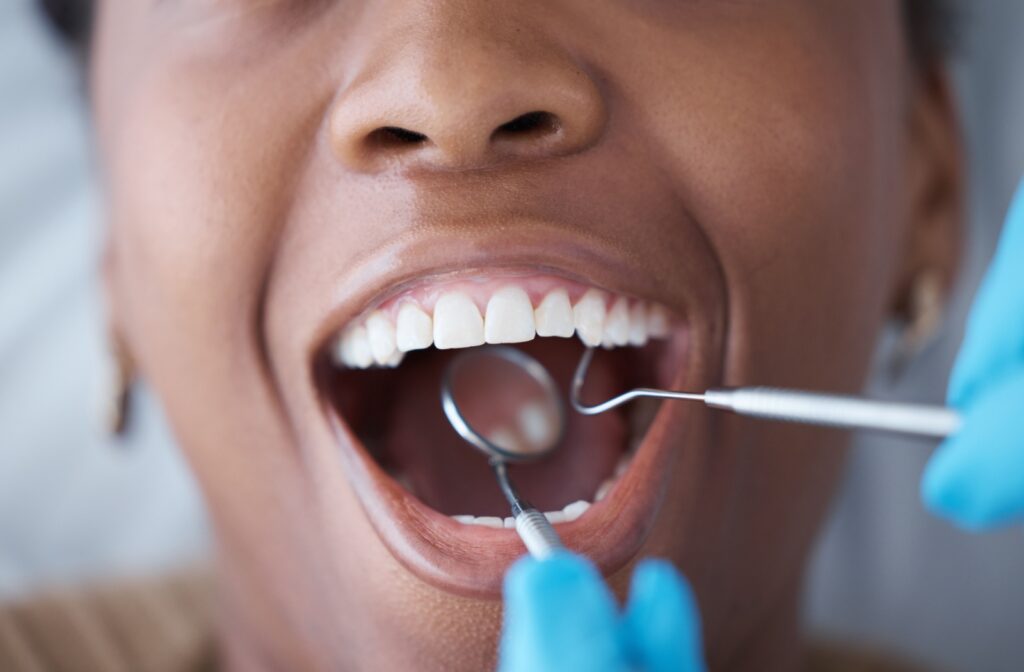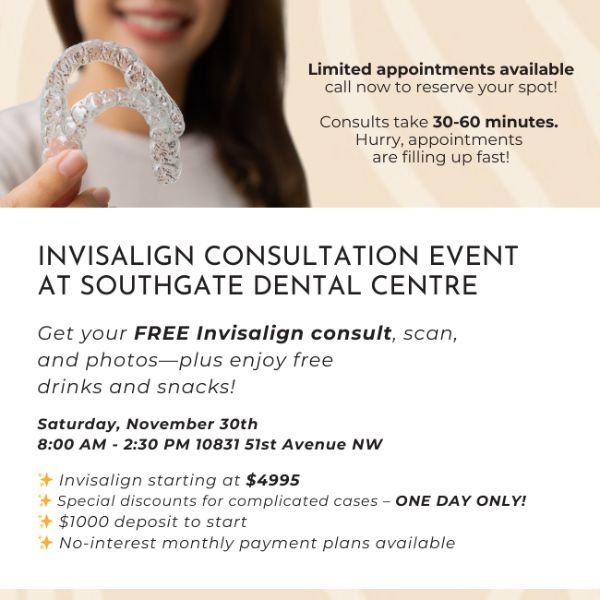Dental caries, more commonly known as cavities, are a prevalent oral health issue that affects individuals across all age groups. While it’s widely recognized that factors like poor oral hygiene and high sugar intake contribute to cavity formation, there’s often uncertainty about whether cavities themselves are actually contagious.
While cavities may not be directly contagious, the bacteria that cause them, Streptococcus mutans, are contagious and can be transmitted.
How Do Cavities Spread?
Cavities themselves aren’t contagious, but the bacteria that cause them can be spread from person to person. The primary culprit is Streptococcus mutans, a type of bacteria that lives in the mouth. These bacteria feed on sugars from food and drinks, producing acids as a byproduct. Over time, these acids erode the protective enamel and dentin on your teeth, leading to cavities.
The transmission of cavity-causing bacteria happens through saliva exchange. Everyday actions like kissing, sharing utensils, or even tasting a child’s food before feeding them can pass these bacteria along.
For instance, cleaning a pacifier with your mouth may inadvertently transfer Streptococcus mutans to your child. Children often acquire these bacteria from parents or caregivers, which can increase their susceptibility to tooth decay early in life.
However, cavity formation also depends on individual factors like oral hygiene, diet, and the natural resistance of tooth enamel. Such factors include how often teeth are cleaned, the frequency of sugar consumption, and the use of fluoride all play a role in cavity development.
Tips for Reducing Cavity-Causing Bacteria
Good oral hygiene helps limit the presence of harmful bacteria in the mouth. Brushing twice daily with fluoride toothpaste and flossing once a day removes plaque and food debris that bacteria use as fuel. For added protection, consider incorporating an antibacterial mouthwash into your routine, as doing so can help reduce bacteria in hard-to-reach areas.
Regular dental check-ups are another vital step in preventing cavities. Dentists can identify early signs of decay, provide professional cleanings, and apply treatments such as fluoride varnishes or dental sealants to protect vulnerable teeth.
It’s also important to limit the sharing of personal items like toothbrushes, drinking straws, and utensils to prevent the transfer of cavity-causing bacteria. Likewise, parents should avoid cleaning pacifiers with their mouths, as this is a common way for bacteria to spread.
Dietary choices significantly influence oral health as well. Foods high in sugars or starches provide the perfect environment for bacteria to thrive, while acidic beverages like soda can erode enamel over time.
Rather than eating foods high in sugar, opt for tooth-friendly snacks like cheese, nuts, or fresh vegetables. Drinking water helps rinse away bacteria and strengthen enamel, making it a simple yet effective tool in cavity prevention.

How Do Dentists Fix Cavities?
When a cavity forms, prompt treatment is essential for preventing further damage. Dentists determine the appropriate treatment based on the extent of the decay. Common options include fillings, crowns, root canals, or extractions, depending on the severity.
- Fillings: Dentists carefully remove decayed material and fill the cavity with composite resin, amalgam, ceramic, or gold to restore the tooth’s shape and function. This stops decay and protects the tooth from further damage.
- Crowns: For extensive decay, a crown may be placed over the tooth to restore its structure and strength. Crowns protect the tooth from further harm and are a durable option for compromised teeth.
- Root Canals: If decay reaches the tooth pulp (the soft, sensitive inside of a tooth) and causes infection and may cause pain, then a root canal may be needed to remove infected tissue and seal the tooth.
- Extractions: When a tooth is beyond repair, removal is necessary to prevent further complications. Options like implants or bridges can replace the missing tooth for optimal function and aesthetics.
Modern dental techniques aim to preserve as much natural tooth structure as possible while addressing the underlying problem and preventing future decay.
Why Early Treatment Matters
Delaying cavity treatment can lead to more severe complications, including abscesses, infections, or even tooth loss. Additionally, untreated cavities can spread to neighbouring teeth, causing a domino effect of damage that requires more extensive intervention. Early treatment not only resolves current issues but also helps prevent future problems, saving both time and money in the long run.
Dentists also educate patients on maintaining good oral health after treatment. Techniques like proper brushing, flossing, and regular fluoride use help prevent recurrence and contribute to maintenance of a healthy smile.
Protect Your Smile
While cavities themselves aren’t directly contagious, the bacteria responsible for them can spread through saliva. Practicing good oral hygiene, avoiding the sharing of saliva-contaminated items, and maintaining regular dental visits are key to reducing your risk of cavities.
At Southgate Dental Centre, we’re here to help you maintain a healthy, vibrant smile. If you have questions about cavity prevention or treatment, contact us today to schedule an appointment. Your oral health is our priority, and our team is ready to provide the care you need.



